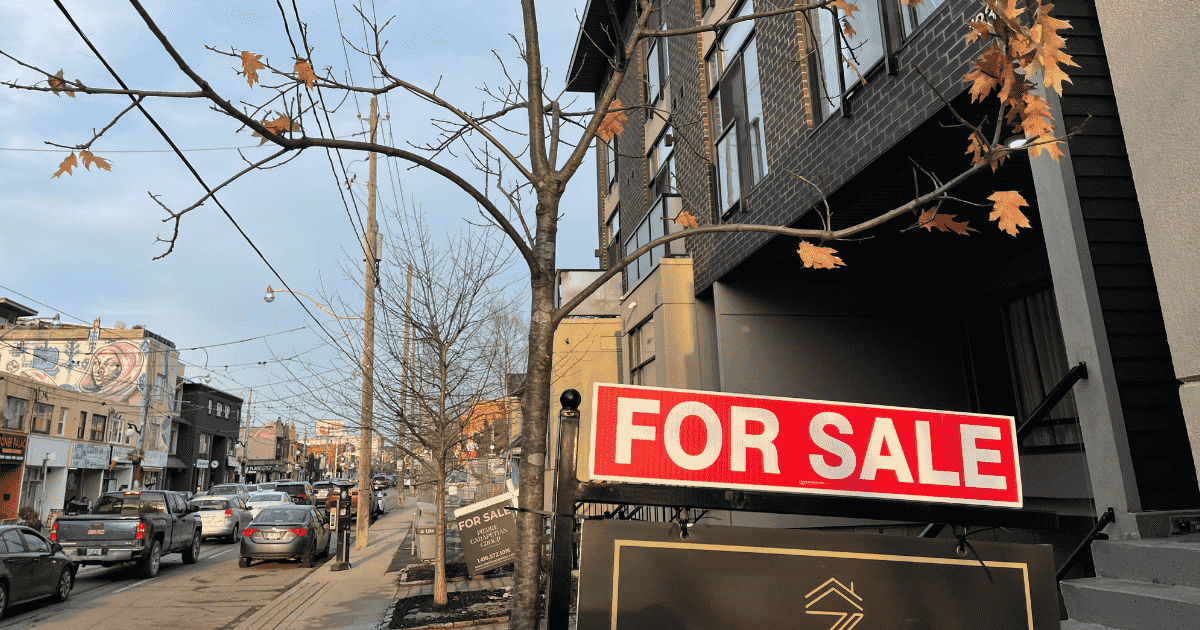The popularity of services like Airbnb for short-term rentals is likely what was behind a move by the Travel Industry Council of Ontario (TICO) to force Realtors to register as travel agents, says the head of the Ontario Real Estate Association (OREA).
With more people renting properties through apps and websites like Airbnb and VRBO, “there’s probably been those in the tourism industry who say there’s an unlevel playing field between those that are registered as travel agents and those who are running it out of their basement,” says OREA CEO Tim Hudak.
“I suspect that TICO is trying to update the regulations for this new world and unfortunately caught Realtors in their net.”
Hudak was discussing a recent campaign by TICO in which it sent “compliance letters” to Realtors demanding that they register as travel agents in order to arrange short-term accommodations.
OREA began hearing about the letters just over a week ago from Realtors in cottage country and from boards in the Lakelands and Southern Georgian Bay who “expressed their surprise and frustration,” Hudak says.
He says Realtors talked about “rather aggressive language and consequences” from TICO “if they didn’t toe the party line” and register as travel agents.
OREA says brokerages would have to register under the Travel Industry Act of 2002, a move that would require a nine-module course and exam, pay a $3,000 registration fee and $10,000 deposit and maintain at least $5,000 of working capital.
Ontario Realtors are registered under the 2002 Real Estate & Business Brokers Act (also known as REBBA).
In response to the TICO campaign, OREA alerted Minister of Government and Consumer Services Todd Smith who is responsible for both Real Estate Council of Ontario (RECO) and TICO, in a Sept. 13 letter and reached out to TICO directly.
Hudak’s letter noted that “according to TICO, real estate professionals are not permitted to transact short-term rental properties because these properties do not fall under the Residential Tenancies Act, 2006 (RSA).”
“TICO defines short-term rental properties as accommodations offered to ‘travelers’ for 30 days or less.” Hudak’s letter noted. The letter added the term “travelers” is not defined under the Travel Industry Act of 2002, but that TICO believes Realtors can only handle leases that fall under the Residential Tenancies Act.
However, “our point of view is that this is needless and expensive red tape,” Hudak says, as it would force Realtors through a double registration and licensing procedure. “This is a classic example of red tape and bureaucratic overreach. We don’t need two sets of licensing.”
Hudak’s letter to Smith adds that “real estate professionals in Ontario are licensed to trade in all types of real estate with very limited exceptions.” In addition, “based on our preliminary analysis, there is no basis for TICO’s ruling that real estate registrants can only transact RSA defined rental leases.”
Hudak spoke with TICO CEO Richard Smart, who agreed to put the campaign on hold until there is a resolution to the issue. “I was quite pleased. He was very good to work with.”
Smart agreed no action will be taken against the Realtors TICO has contacted to date.
Smart’s response came at “light speed” compared with how governments usually operate and was a very promising first step, says Hudak, who spent 21 years as a member of the Ontario legislature and was the former leader of the Progressive Conservative Party of Ontario.
Hudak, who was once the minister responsible for RECO and TICO, says the professional organizations do not want to have regulatory overlap that undermines the credibility of regulators and government and confuses consumers.
He says the new provincial government of Premier Doug Ford has made eliminating red tape a priority and “this looks like a classic example.”
Double licensing “makes no sense; it costs time and substantial funds to our members and it’s not good for consumers when they have to run all over the place trying to figure out who the proper regulator is.”
Lawyers who are involved in Ontario real estate transactions don’t have to register as Realtors, he says, because they’re overseen by the Law Society of Upper Canada. “The same thing should happen here when it comes to Realtors who are already governed by RECO when it comes to leases.”
Hudak hopes that regulators RECO and TICO will meet soon and is confident that the dispute can be resolved.
“You never take your eye off the ball, but I would say the ball is now rolling in the right direction compared to where it was headed before.”
Danny Kucharsky is a contributing writer for REM.

















